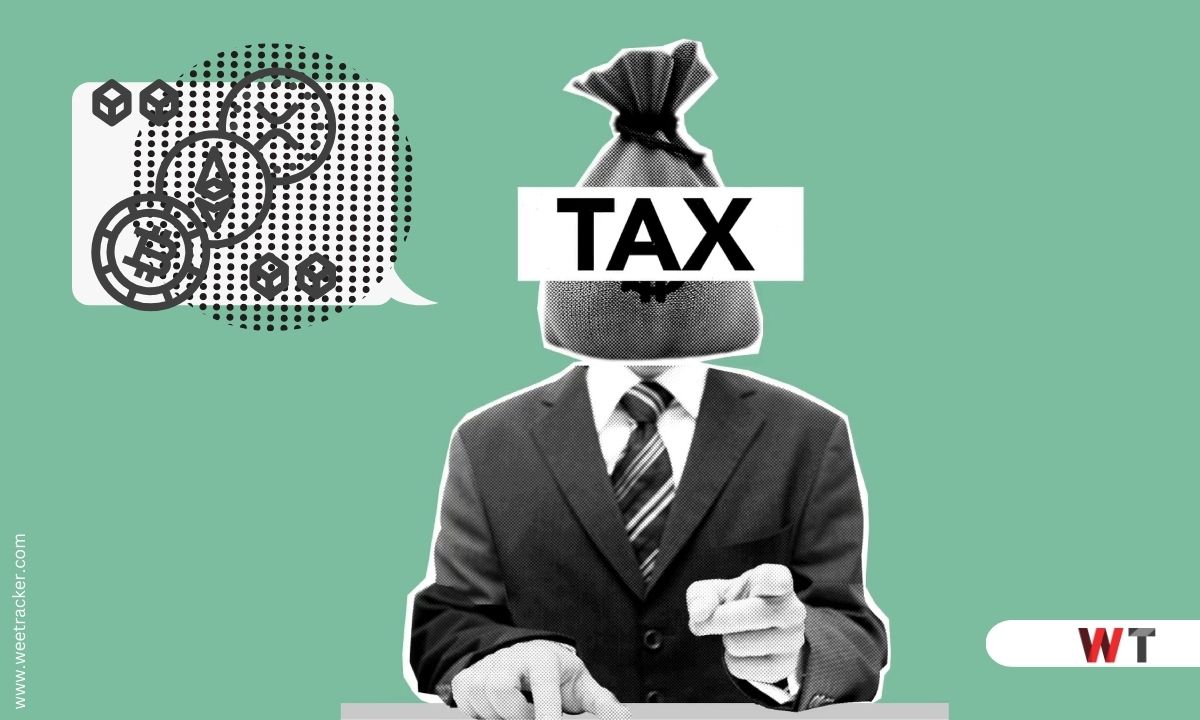South Africans Now Required to Declare Crypto Assets as SARS Expands Tax Compliance

The days of quietly holding onto your crypto assets without reporting them to the tax authorities are nearing an end as the South African Revenue Service (SARS) announced that crypto assets will be included in its compliance programs.
This move comes as no surprise, given the surge in digital currency use, with over 5.8 million South Africans—roughly 10% of the population—now holding some form of cryptocurrency. Southern Africa, in fact, boasts one of the highest uptakes of Bitcoin in the world.
SARS has raised concerns that many taxpayers are failing to declare their crypto assets in their tax returns, despite being legally required to report all forms of income and assets. In response, the tax authority has partnered with the Financial Sector Conduct Authority (FSCA) and is working with local crypto exchanges to collect information on crypto assets.
This collaboration is part of a broader initiative to ensure tax compliance by monitoring registered Crypto Asset Service Providers (CASPs).
To further tackle non-compliance, SARS has begun issuing query letters to taxpayers with crypto assets. These letters aim to gain insight into taxpayers’ investment in crypto assets and the trades undertaken to enable SARS to assess taxpayers’ compliance in this regard. This effort is supported by advanced technologies such as artificial intelligence and machine learning, which SARS say it is using to enhance its audit capabilities.
For those looking to stash their crypto assets in offshore accounts, SARS is also participating in international agreements to exchange taxpayer information with other countries, particularly in relation to offshore crypto accounts. A multilateral agreement set to be signed by Finance Ministers in November 2024, is expected to facilitate the cross-border exchange of such data.
Meanwhile, SARS says it is “working assiduously to make it easy and simple for taxpayers and traders to seamlessly comply with their obligations.” These efforts are intended to support its strategic Intent of fostering a culture of voluntary compliance.
For those concerned about their compliance, SARS has reiterated the availability of its Voluntary Disclosure Programme (VDP), which offers taxpayers an opportunity to regularize their crypto asset declarations. However, this option is only available if taxpayers come forward before they are flagged for audit.
This development comes after FCSA’s recent crackdown on illegal crypto operations in July. The FSCA, having declared crypto assets as financial products in October 2022 due to increasing risks and fraudulent activities, is now actively investigating up to 30 entities operating without proper licenses.
According to reports by the regulatory body, it had received 383 applications for licenses as of July 2024, approving 63 but rejecting several others for failing to meet the necessary regulatory standards. This brought the total number of licensed crypto exchanges in South Africa to 138.
SARS’ actions signal a broader effort to bring more transparency and order to the chaotic world of cryptocurrency. While many South Africans and businesses have embraced digital currencies as a payment method, investment tool, or hedge against inflation, the increased scrutiny from tax authorities signals that the era of under-the-radar crypto activity is drawing to a close.